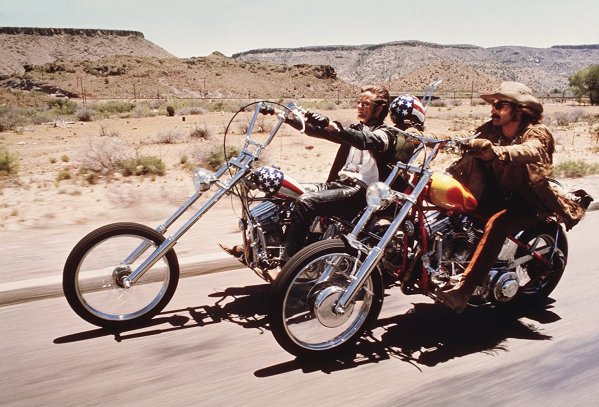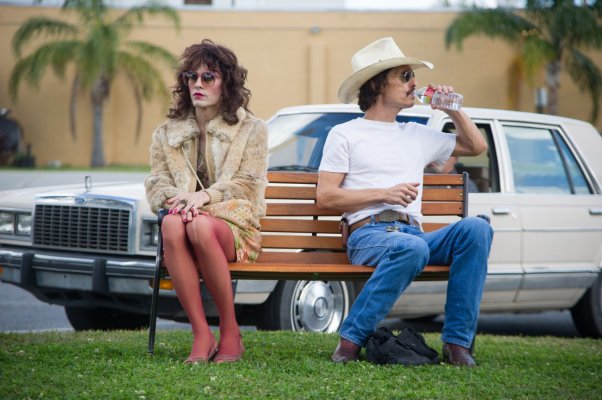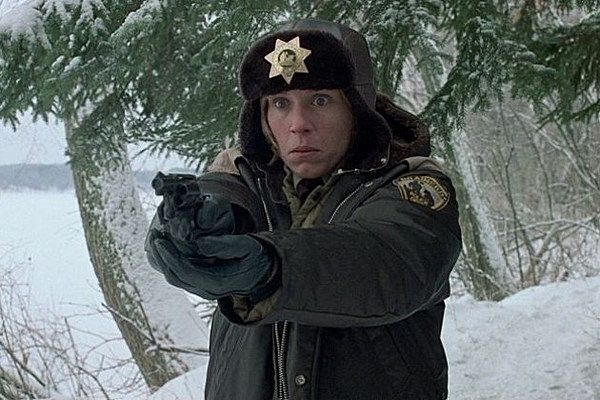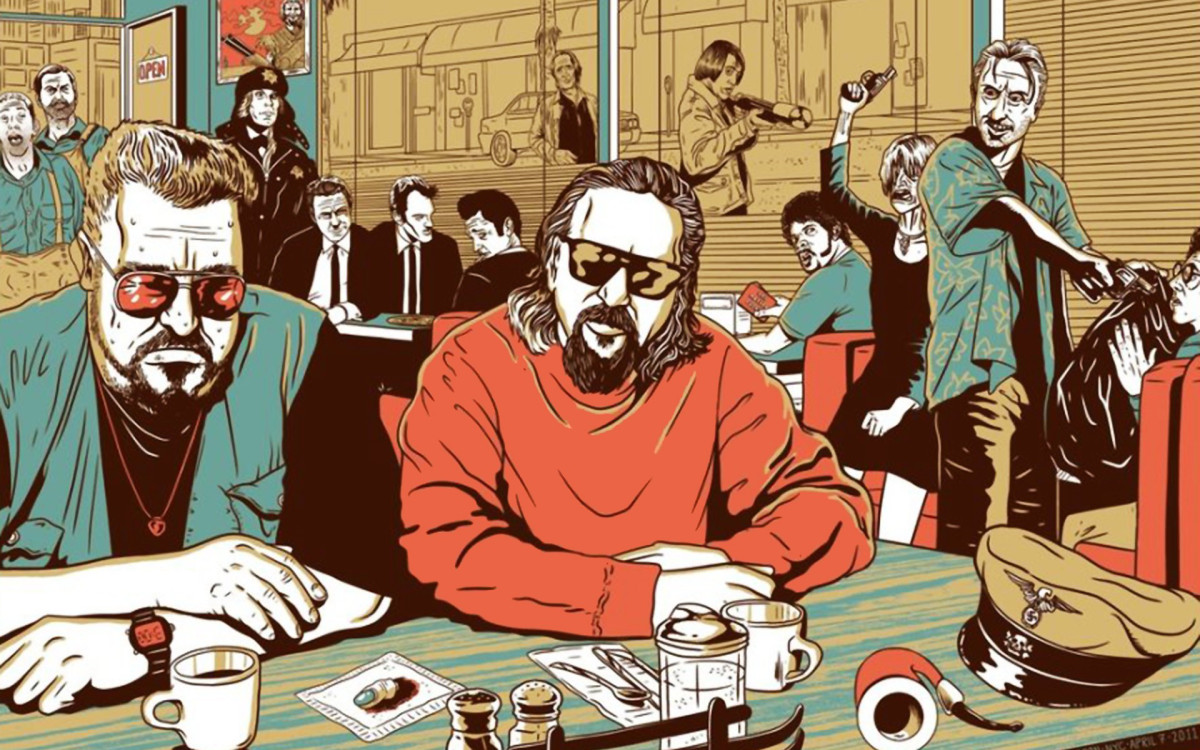I enjoy blockbusters just as much as the next guy, but there’s a world of creativity on a road less travelled that is indie film. Most of what I watch falls into the indie category because I find they are often the better films. Since my blog covers independent films, I thought it was about time I addressed what the term actually means. So the question is how do you define indie?
Here’s the easy answer: An indie is any film produced outside a major studio.
Unfortunately, that definition doesn’t entirely ring true anymore. I’ll talk about why later, but first let’s swiftly go back to the beginning of the independents. This isn’t a history lesson, I promise – it’s just some exposition, goddammit.
The Rise of Indie Cinema
Back in the good old days, an indie film genuinely meant that it was made by an independent company. Dennis Hopper and Pete Fonda became the early kings of indie film when they released Easy Rider in 1969. It’s a road movie about two bikers who travel through America to carry out a drug deal. It was made on a budget of only $360,000 but was massively successful and helped kick off the infamous New Hollywood period, when a new generation of creative filmmakers emerged.

George A. Romero, the hugely influential horror director, was also one of these filmmakers. He made his 1968 independent horror classic A Night of the Living Dead for less than $120,000. If you don’t know what this film is about, then you need to take a long look in the mirror. With the film, Romero created what we know as zombie horror while helping to establish can-do, low budget independent filmmaking. Talk about killing two birds with one stone!
Really, the independent film movement started long before the ‘60s, but it was the decade when indie films started to seriously rival mainstream cinema. They died down in the late 1970s but rose again from the ashes in the 1990s, with the success of films like Trainspotting, The Usual Suspects, Reservoir Dogs and Fargo. They gained attention for the same reasons as they did in the ‘60s: they were different, creative and more engaging.
Blurred Lines
Okay, now back to the present.
Today, the entire concept of an independent film is a murky one as there’s no longer a clear line in the sand between indie and Hollywood. That’s because many major studios have set up their own “indie” branches in an effort to cash in on more stylish, character-driven movies. For example, Focus Features is the indie division of Universal Studios. They’ve produced many limited-release films, such as Dallas Buyers Club and The Place Beyond the Pines. Fox Searchlight Pictures, Sony Pictures Classics, Paramount Vantage and others are also dubbed “indie studios”, but are owned by conglomerate Hollywood.

So with many “independent films” backed by major studios, we have to ask: Can an indie film be truly independent if its funded by Hollywood? Is it defined by its producer or its style and content? Is indie even a proper term anymore, since many people use it as a sort of buzzword for “cool” and “edgy”?
Below are some quotes from two people who have defined it the best.
“Independent in my mind means free. Independent films have changed so much over the past years. For example, when I started making films with Derek Jarman in the 1980s, that was really independent film-making, going around with a Super 8 camera to make The Last of England.”
“From their conception, independent films aren’t made outside of the studio system. They are made in opposition to the studio system, with its relentless need to round off the corners and soften the blows. And in standing against the status quo, independent films help to change it.”

It’s all about the vision
While the term independent film is open to debate, there is one characteristic which I think all true independent films have, and that is a personal, artistic vision. The director has control over an indie, rather than the studio and they are not afraid to take risks to tell their stories.
Hollywood studios, on the other hand, can’t afford risks, so they only invest in films that will bring home the Benjamins, because if the movie flops, someone’s gotta answer to the man upstairs. There are still some stunningly unconventional Hollywood movies, but most are formulaic whereas indie films often deviate from the traditional story structure to achieve a personal vision.
Regardless of whether they are made by a smaller company or by a Hollywood subsidiary, indie films have modest budgets. Independent filmmakers don’t care as much about reaching the masses and rely less on special effects, so their work doesn’t need a big budget. However, many first-time directors who start out independently, simply don’t have the money. So, they have to be more creative and focus on story and characterisation.
Conclusion
So to wrap this up, an indie film can be defined by its style and when a personal vision is realised. Some stay completely out of the mainstream whereas others are picked up by the indie-branded subsidiaries. My criteria are if it has a personal style, aesthetic patterns, limited budget, creative and original content, then it’s an indie. If it’s Batman v Superman: Dawn of Justice, then it’s definitely not. Independent film is all about originality, do-it-yourself and imaginative story-telling by filmmakers who want to make great movies that are worth celebrating.
If you enjoyed reading this article, feel free to comment, like and share!

Good article, you make some valid points. The movie industry has definitely changed since Easy Rider and Fargo. These days, Hollywood executives don’t take as many risks on indie films, personal dramas, or even blockbusters anymore . A lot of so-so passable films, which is sad.
They say it’s a golden era for TV and I think that’s where the money is at. A number of big name actors, writers and directors work on TV shows instead.
With a lack of innovative English-language movies, it could be argued today is a weak era for creative film. It’s tempting to go with foreign stuff (Raw or other Cannes films.) When audiences begin to tire of superhero movies, we may see another shift.
LikeLiked by 1 person
Yeah you’re right, a lot of the foreign films are really good and creative. I think it is a good time for TV, as there’s such a wide variety of shows at the moment. Superhero films will die out eventually, but I don’t think it will be for a while but yes there could be another shift. Thanks for reading!
LikeLiked by 1 person